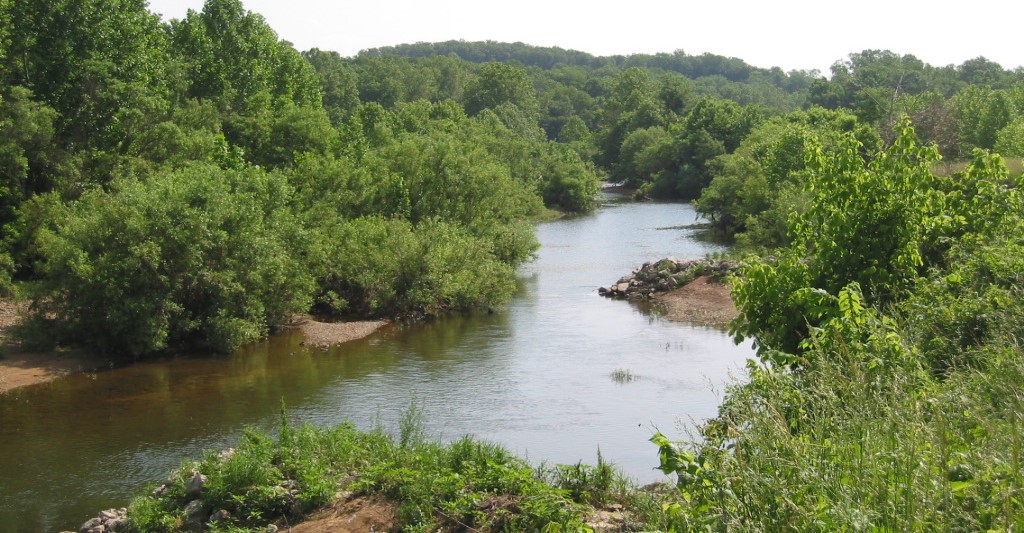Evaluating the effectiveness of climate change adaptation strategies for inland fish and fisheries

Objectives
-
1) Identify climate change adaptation strategies for freshwater fish and fisheries that are being implemented and show some degree of effectiveness
2) Analyze how these adaptation strategies are being evaluated for effectiveness
3) Compare frequency of implementation to effectiveness of different adaptation strategies among regions in North America
Overview
Adaptation strategies for inland fish and fisheries is one tool managers can employ to help fisheries in a changing climate. Many of these adaptation strategies are used for other objectives related to river restoration but are seldom identified to counteract climate change effects on fish. IN addition, there is very little evaluation of these strategies. Our goal is to conduct a literature review of the climate change adaptation strategies for fish and fish habitat, and evaluate how studies have measured effectiveness of those strategies. Our analyses will also consider if strategies differ by region or species, and provide managers a list of tools (and a level on uncertainty with the tools) to help protect fish and fish habitat in the future. Finally, we will evaluate different communication methods (e.g., web tools, presentation, fact sheets) to determine the best delivery of this information to fisheries management.